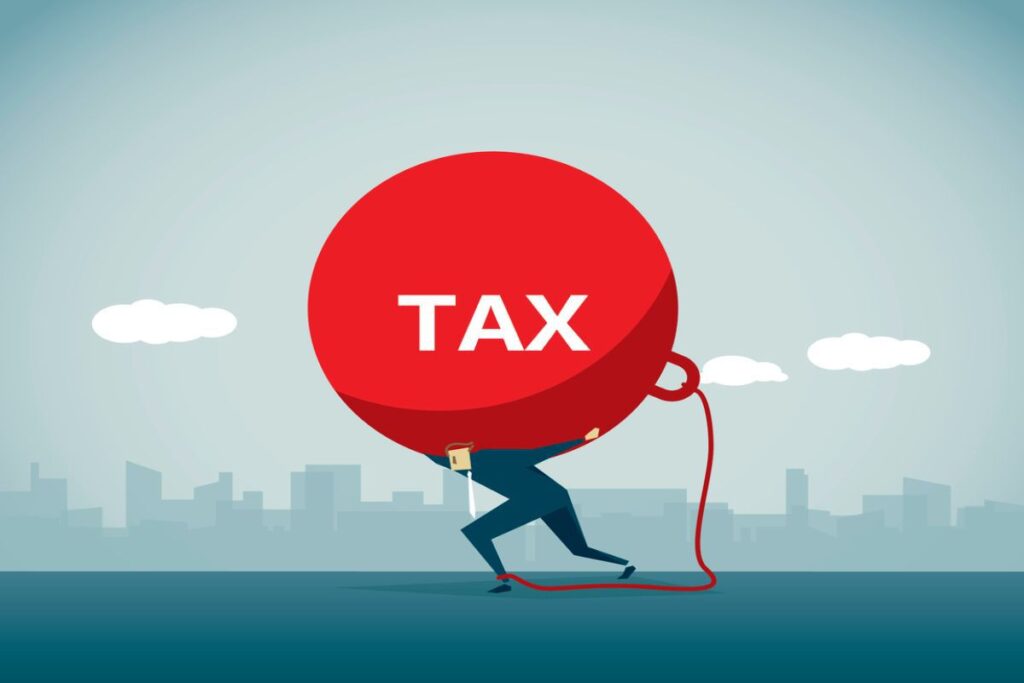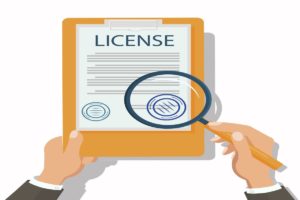Just as professionals must follow the rules and laws that govern their professions, they also must follow other federal and state laws, including those concerning taxes. For some professionals, failing to file income tax returns or committing tax fraud or similar crimes can result in professional disciplinary proceedings. These proceedings can have severe consequences and long-lasting implications for individuals’ licenses and careers. Contact a Texas license defense lawyer for assistance if you face disciplinary action due to a tax-related matter. Together, we will strive to protect your license and determine the best strategy for your case.
Individuals in various professions may be disciplined for tax debts, fraud, failure to file tax returns, and similar behaviors. Most of the affected professions are those that handle others’ money or finances, have a fiduciary duty to their clients, or have other fiscal responsibilities as part of their professions. Some of these professionals may face disciplinary action only if they are criminally prosecuted and convicted or placed on deferred adjudication for a crime related to fraud or misrepresentation. Others may face disciplinary action for financial misconduct or fraud, regardless of any criminal convictions resulting from the misconduct.
Certified Professional Accountants (CPAs)
CPAs handle tax filings, business accounting, and other financial functions for individuals and businesses. As a result, failure to file income tax returns, tax fraud, and other misconduct concerning taxes can be grounds for disciplinary action.
22 Tex. Admin. Code § 501.90 prohibits CPAs from committing any act that “reflects adversely on that person’s fitness to engage in the practice of public accountancy.” This section goes on to define discreditable acts or acts for which CPAs may be disciplined, including the following:
- Dishonesty, fraud, or gross negligence in the practice of public accountancy;
- Final conviction of any crime or imposition of deferred adjudication or community supervision in connection with a criminal prosecution, an element of which is dishonesty or fraud under the laws of any state or the United States;
- Knowingly participating in the preparation of a false or misleading financial statement or tax return; and
- Fiscal dishonesty of any type.
As a result, the failure to file tax returns, the filing of false tax returns, or any financial dishonesty that leads to tax debts can result in the discipline of CPAs by the Texas State Board of Public Accountancy.
Real Estate Brokers and Sales Agents
The Texas Real Estate Commission (TREC) has determined that certain criminal offenses directly relate to the duties and responsibilities of professionals it licenses and oversees. More specifically, TREC has determined that these offenses demonstrate a “person’s inability to represent the interest of another with honesty, trustworthiness, and integrity.” As a result, under 22 Tex. Admin. Code § 541.1(a), real estate brokers and sales agents can face disciplinary action for criminal convictions or deferred adjudications for:
- Offenses involving fraud or misrepresentation; and
- Offenses involving forgery, falsification of records, or perjury.
Likewise, TREC has determined that professional inspectors, real estate inspectors, apprentice inspectors, and easement or right-of-way inspectors can face discipline for these same offenses.
Attorneys
Rule 8.04(a) of the Texas Disciplinary Rules of Professional Conduct prohibits attorneys from engaging in certain types of misconduct. The specified forms of misconduct outlined in this rule include the following:
- Commit a serious crime or commit any other criminal act that reflects adversely on the lawyer’s honesty, trustworthiness, or fitness as a lawyer in other respects; and
- Engage in conduct involving dishonesty, fraud, deceit, or misrepresentation.
Under the Disciplinary Rules of Professional Conduct, these types of misconduct result in mandatory sanctions for attorneys. The breadth of these provisions encompasses failure to file tax returns, tax fraud, dishonesty on tax returns, accruing tax debts, etc.
Occupational Licenses and Tax-Related Debts and Crimes
The Texas Department of Licensing & Regulation (TDLR) has determined that some criminal convictions warrant revocation or suspension of certain occupational licenses. For instance, any criminal conviction involving fraud is often a reason for disciplinary action against many license holders.
As a result, in some cases, tax-related criminal convictions, such as tax fraud or failure to file tax returns, could impact certain occupational licenses. Typically, affected occupations have the means and opportunity to practice deceit, fraud, and misrepresentation concerning their customers.
According to TDLR, the following is a listing of occupations in which TDLR is likely to discipline license holders for criminal convictions related to tax fraud and similar crimes:
- Air Conditioning and Refrigeration Contractors – crimes involving fraud or deceptive trade practices
- Architectural Barriers – Registered Accessibility Specialists – crimes involving bribery, fraud, or deceptive business practices
- Athletic trainers – crimes involving fraud or deceptive trade practices
- Auctioneers – crimes involving misdemeanor fraud, breach of fiduciary duty, or a deceptive business practice
- Behavioral analysts – crimes involving fraud or deceptive trade practices
- Boiler inspectors – crimes involving misrepresentation, fraud, extortion, bribery, theft, or deceptive business
- Code enforcement officers – crimes involving fraud, deceptive trade/business practices, abuse of office, forgery, or perjury
- Dieticians – crimes involving fraud or deceptive trade practices
- Dyslexia therapists and practitioners – crimes involving fraud or deceptive trade practices
- Driver education and safety – crimes involving fraud, forgery, or deceptive trade practices
- Electricians – crimes involving fraud or deceptive trade practices
- Hearing instrument fitters and dispensers – crimes involving fraud or deceptive trade practices
- Laser hair removal – crimes involving fraud or deceptive trade practices
- Licensed breeders – crimes involving fraud or deceptive trade practices
- Massage therapy – crimes involving fraud or deceptive trade practices
- Midwives – crimes involving fraud or deceptive trade practices
- Mold remediators and assessors – crimes involving fraud or deceptive trade practices
- Motor fuel metering and quality – crimes involving fraud, deceptive trade practices, forgery, and perjury
- Motorcycle operator training and safety programs or motorcycle school – crimes involving fraud, forgery, bribery, or tampering with records
- Offender education – crimes involving fraud, forgery, or deceptive trade practices
- Orthotists and prosthetists – crimes involving fraud or deceptive trade practices
- Podiatrists – crimes involving fraud, forgery, or deceptive trade practices
- Professional employer organizations – crimes involving insurance or tax fraud
- Property tax consultants – crimes involving fraud, breach of fiduciary duty, deceptive business practices, tax fraud, or perjury
- Property tax professionals (appraisers and assessors) – crimes involving misrepresentation, fraud, or perjury
- Sanitarians– crimes involving misrepresentation, fraud, or perjury
- Speech-language pathologists and audiologists – crimes involving fraud or deceptive trade practices
- Tow truck operators and permit holders – crimes involving fraud or deceptive business practices
- Used automotive parts recyclers and employees – crimes involving fraud or deceptive trade practices
- Vehicle storage facility owners and employees – crimes involving fraud or deceptive trade practices
Fight Back Against Disciplinary Proceedings
Don’t allow tax debts to keep you from your career. If you face adverse action concerning your professional license based on tax-related matters, we can help you take the steps necessary to defend yourself in your disciplinary proceedings. Contact a license defense attorney at Bertolino LLP, for advice today. Make an appointment by calling (512) 515-9518 or contact us online to see how we can help.
Call or text (512) 476-5757 or complete a Case Evaluation form






